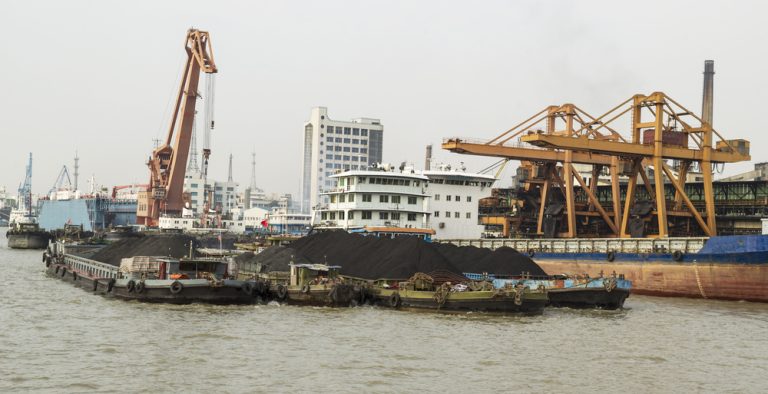China’s Response to U.S. Stockpiling Plans
China’s foreign ministry issued a stern warning on Monday against bypassing international laws to authorize seabed resource exploration. This statement comes after reports that the U.S. is drafting an executive order to stockpile deep-sea metals, a move seen as part of a broader effort to counter China’s dominance in critical sectors like battery minerals and rare earths.
U.S. Plan to Stockpile Deep-Sea Metals
According to a report by the Financial Times, the Trump administration is planning to establish a stockpile of deep-sea metals found on the Pacific Ocean seabed. This move is intended to ensure the U.S. has large quantities of these critical resources available for future use, particularly in the event of a conflict with China that could disrupt imports of essential metals and rare earth elements.
Strategic Importance of Rare Earths
Rare earth elements, which are vital for technologies ranging from smartphones to electric car batteries, have become a focal point in the trade tensions between the U.S. and China. In retaliation for President Trump’s tariffs, China has imposed export restrictions on certain rare earth elements, potentially limiting U.S. access to these crucial resources. Currently, China produces about 90% of the world’s refined rare earths, a sector critical to global manufacturing and defense capabilities.
International Legal Framework
In response to the U.S. move, China emphasized that international law governs the seabed and its resources. The Chinese foreign ministry stated that exploration and exploitation of mineral resources in the international seabed area must comply with the United Nations Convention on the Law of the Sea and operate within the guidelines of the International Seabed Authority. The U.S. stockpiling plan, according to China, could violate these international legal frameworks.
Global Rare Earth Supply Chains
The U.S. is heavily reliant on imports for its rare earth supplies, with the majority of these materials coming from China. As the U.S. looks for ways to reduce its dependency on China, including through stockpiling, the broader implications for global trade and supply chains in critical technologies remain significant. This ongoing tension underscores the geopolitical and economic importance of securing access to these vital resources.


